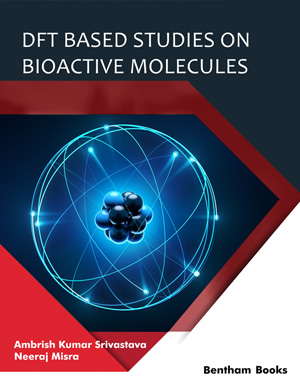Abstract
Objective: The study aimed to explore the crucial genes involved in cancer-related biological processes, including EMT, autophagy, apoptosis, anoikis, and metastasis. It also sought to identify common genes among the pathways linked to these biological processes, determine the level of Bcl-2 expression in various types of cancers, and find a potent inhibitor of Bcl-2 among natural compounds.
Methods: Common genes involved in the pathways related to EMT, autophagy, apoptosis, anoikis, and metastasis were explored, and the level of the most frequently overexpressed gene that was Bcl-2, in various types of cancers was analyzed by gene expression analysis. A set of 102 natural compounds was sorted according to their docking scores using molecular docking and filtering. The top-ranked molecule was chosen for additional molecular dynamics (MD) simulation for 100 ns. Differential gene expression analysis was performed for Dioscin using GEO2R.
Results: The study identified four common genes, Bcl-2, Bax, BIRC3, and CHUK, among the pathways linked to EMT, autophagy, apoptosis, anoikis, and metastasis. Bcl-2 was highly overexpressed in many cancers, including Acute Myeloid Leukemia, Diffuse large B cell lymphoma, and Thymoma. The Dioscin structure in the Bcl-2 binding site received the highest docking score and the most relevant interactions. Dioscin's determined binding free energy by MM/GBSA was -52.21 kcal/mol, while the same calculated by MM/PBSA was -9.18 kcal/mol. A p-value of less than 0.05 was used to determine the statistical significance of the analysis performed using GEO2R. It was observed that Dioscin downregulates Bcl-2, BIRC3, and CHUK and upregulates the pro-apoptotic protein Bax.
Conclusion: The study concluded that Dioscin has the potential to act as a protein inhibitor, with a noteworthy value of binding free energy and relevant interactions with the Bcl-2 binding site. Dioscin might be a good alternative for targeting multiple cancer pathways through a single target.











